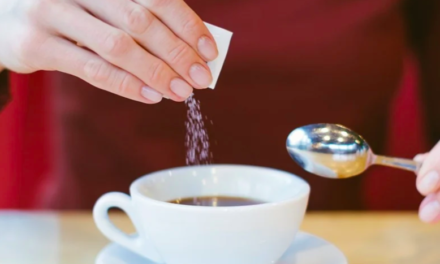Introduction: Each year, approximately 15 million people worldwide suffer from strokes, a condition caused by interrupted blood flow to the brain. Rapid intervention and effective therapy are crucial for recovery, as only a fraction of stroke survivors make full recoveries. In a groundbreaking study, researchers from the Heart Research Institute in Australia have discovered that a natural compound found in broccoli, called sulforaphane, holds promise for both preventing and treating strokes.
Unveiling the Impact of Strokes: Strokes rank as the second-leading cause of death globally and the primary cause of disability. Despite advances in medical science, treatment options remain limited, with tissue plasminogen activator (tPA) being the primary medication used to dissolve blood clots or prevent blood leakage into the brain.
Addressing Treatment Gaps: Dr. Xuyu (Johnny) Liu and his team at the Heart Research Institute aimed to improve stroke treatment outcomes by exploring alternative therapeutic options. Recognizing the potential of sulforaphane, a natural compound found in broccoli, the researchers embarked on a three-year pre-clinical trial to assess its efficacy.
Broccoli’s Healing Power: Cruciferous vegetables like broccoli produce isothiocyanates, including sulforaphane, known for their health benefits. Inspired by these properties, the researchers investigated sulforaphane’s ability to enhance the effectiveness of tPA without increasing the risk of bleeding.
Promising Results: The study, published in the American Chemical Society’s ACS Central Science journal, revealed remarkable findings. Sulforaphane, when combined with tPA, tripled the medication’s effectiveness, significantly reducing the risk of harmful clot formation without causing excess bleeding.
Potential for Precision Medicine: Dr. Liu believes that sulforaphane’s unique molecular mechanism offers promising prospects for precision medicine. The compound’s ability to prevent harmful clot formation while preserving life-saving clots opens new avenues for stroke treatment and prevention.
Expert Insights: Vascular neurologist Dr. José Morales finds the research intriguing, suggesting further exploration through direct experimentation using animal models. Registered dietitian Monique Richard emphasizes the importance of incorporating cruciferous vegetables into daily diets to reap their health benefits.
Conclusion: The discovery of sulforaphane’s potential in stroke therapy marks a significant advancement in cardiovascular research. With ongoing studies and clinical trials, researchers aim to harness the healing power of natural compounds like sulforaphane to revolutionize stroke treatment and prevention strategies, offering hope to millions worldwide.











